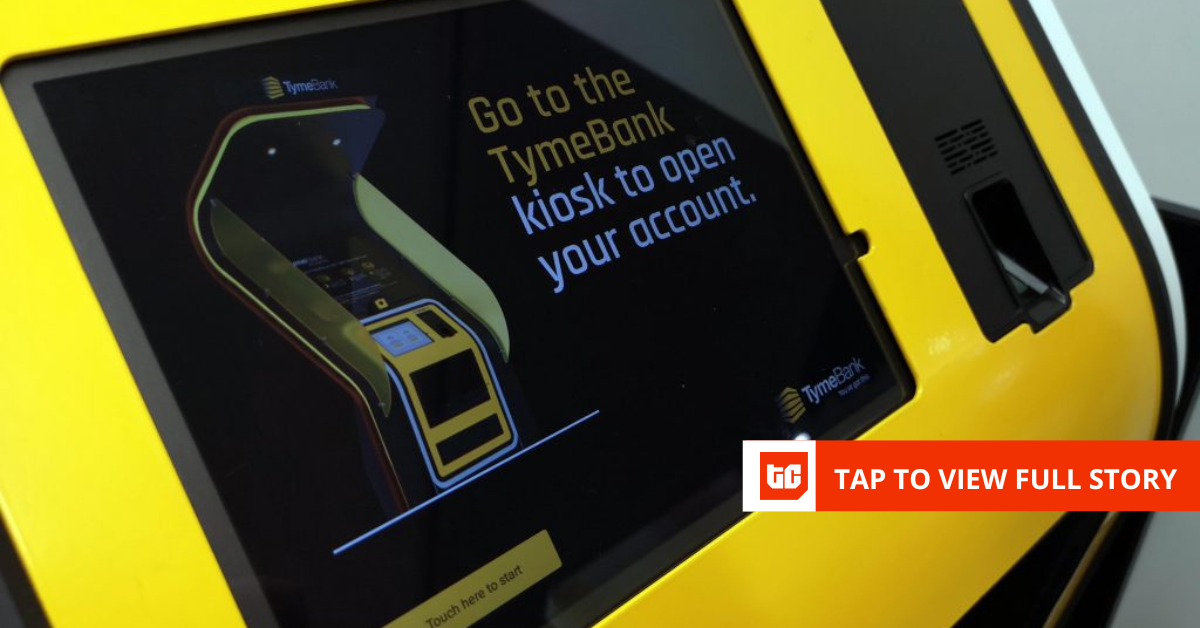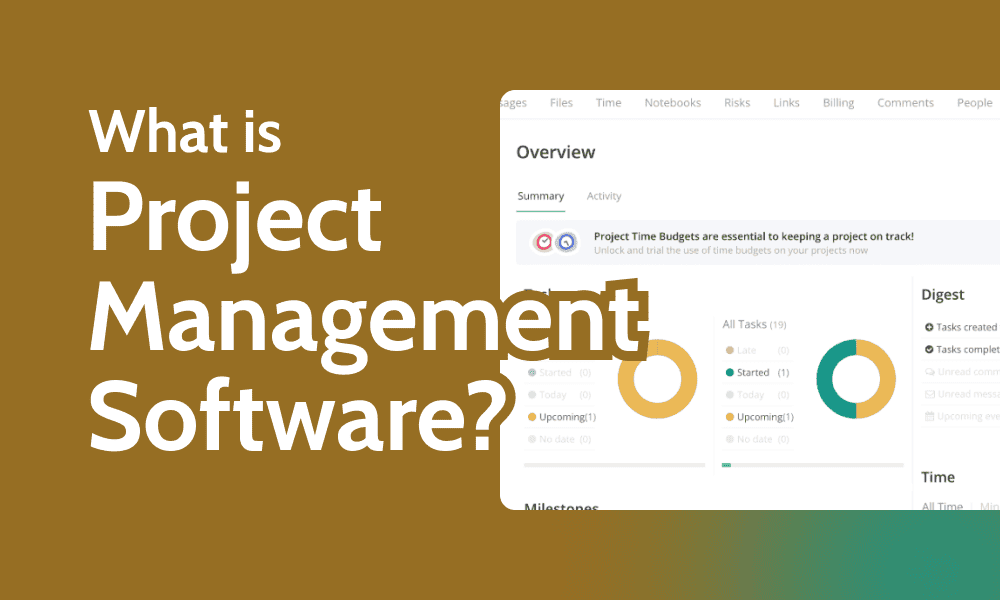Lessons. That’s the common theme across the past five episodes of Ask an Investor. These episodes could not have been more different. I spoke with one of the most active firms in Africa in terms of recent exits, an ambitious first-time fund manager, an angel investor with 40 startups under his belt, and a geographically ambitious firm relative to its portfolio size. I also allowed six founders to ask questions directly to venture capital analysts, flipping the script on how these conversations typically unfold.
Those conversations, expectedly, paint a very colourful picture of how money moves from investors to founders and how founders are expected to handle capital and deliver returns. Across the five episodes, it was apparent that African investors do not believe pure USD dependence or pure local currency isolation is future-proof. Most general partners are focusing on hybrid hedges.
This week, my recap of the past five episodes pulls lessons from interviews with Samuel Efosa Austin (ECO Fund), Temidayo Oniosun (40+ deal angel), Ibrahim Sagna (Silverbacks Holdings), Akinyi Wavinya (Madica), and founders with pressing questions about investments. Here are the lessons to be drawn from those conversations:
Lesson 1: Exits happen—but they are engineered, not awaited
In recent months, Silverbacks has made two partial exits: 29× on LemFi and 5× on OmniRetail. Ibrahim Sagna’s logic about these achievements can be broken down into three simple takeaways:
- His firm has access to permanent capital and, unlike many VC firms, has no forced 10-year clock. This has allowed them to make some patient bets which are now paying off.
- Silverbacks’ divestment committee meets annually to match LP (limited partner) liquidity needs with secondary opportunities which has allowed them to return capital to investors annually.
- They can double down on winners and have re-entered some portfolio companies. Silverbacks has sold and later re-bought Flutterwave and Moove stakes.
Meanwhile, the founder-investor roundtable episode hammered home that most African deals die in “seed-stage jail.” VCs admit they will now underwrite only if a plausible secondary route is visible from day one. For founders, this means clean cap tables, transparent reporting and verified unit economics are not nice-to-haves; they are the passport stamps that let secondaries clear.
Lesson 2: The Silicon Valley playbook might not work in Africa
Madica’s first thirty months are a case study in unlearning. The team, unlike most VC firms, refuses to focus on Lagos, Nairobi, Cairo or Cape Town and prefers to invest in startups outside Africa’s Big Four hubs. Their $200,000 cheque comes with a biweekly peer forum, mentor office hours, and four immersion trips.
For Madica, this approach is important because the firm wants to show that Silicon Valley assumptions like thick secondary markets, talent pools, and Series A funnels do not exist across Africa. Madica, therefore, front-loads what many accelerators outsource: governance templates, data-room hygiene, recruiting, and even founder mental-health triage.
For other investors, Madica’s approach shows that if you will not build unique rails for Africa, keep your cheque.
Lesson 3: Local capital is scarce—but when it arrives it lowers risk
Two fund managers attack the capital-currency mismatch from opposite ends. Silverbacks, which has 90% foreign limited partners, picks founders who earn in USD to hedge depreciation, while ECO Fund wants to raise entirely in naira to prove that data infrastructure can be funded, monetised, and exited in local currency.
While their approaches are different, both agree on the disease: every time an African startup clears a milestone, the upside migrates offshore via dollar terms or Delaware registration. Yet both demonstrate that the antidote is not charity; it is structuring.
Silverbacks prices risk with partial exits and multiple-on-invested capital (MOIC) discipline. ECO Fund blends concessional money with higher-octane family-office tickets so the infrastructure build can absorb early shocks but still reward patience. However, despite these different approaches, until local pension funds see a domestic GP distribute cash, they will keep chasing 15% treasury bills.
Lesson 4: Cap tables are the battlefield
There are so many takeaways from Temidayo Oniosun’s 40-deal diary. One way to look at his experience is as a masterclass in dilution math. According to him, seed-stage founders should still hold 65% post-seed round. A cap table is a promissory note to your future investors; if it looks like ransom, they will not cross the border.
His lessons also touches on other angel investors. He believes angels should accept 1–5% via an angel syndicate unless they plan to offer significant support to founders. Investors should also never wire before modelling what that SAFE converts into at Series A.
Mark your calendars! Moonshot by is back in Lagos on October 15–16! Join Africa’s top founders, creatives & tech leaders for 2 days of keynotes, mixers & future-forward ideas. Early bird tickets now 20% off—don’t snooze! moonshot..com












